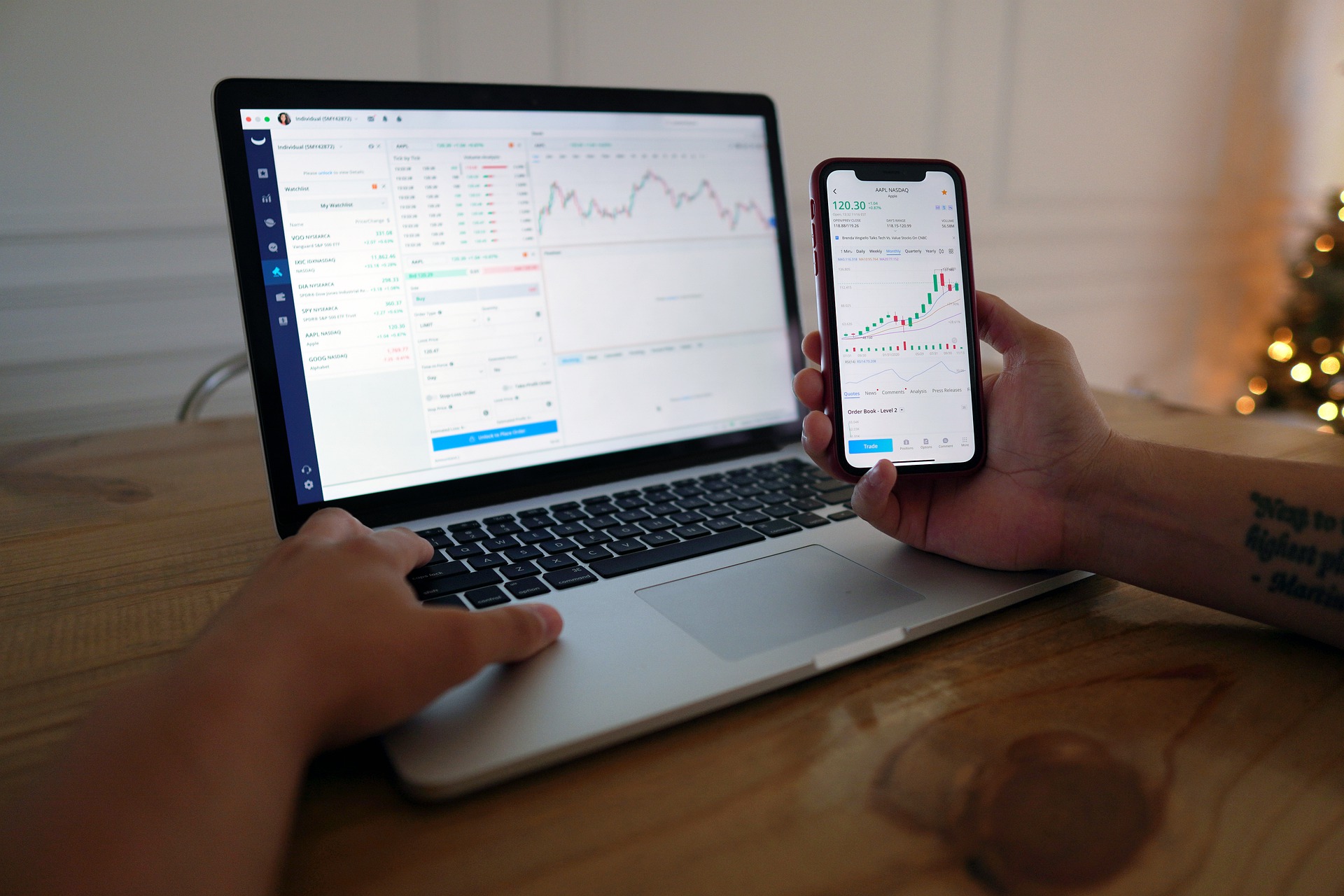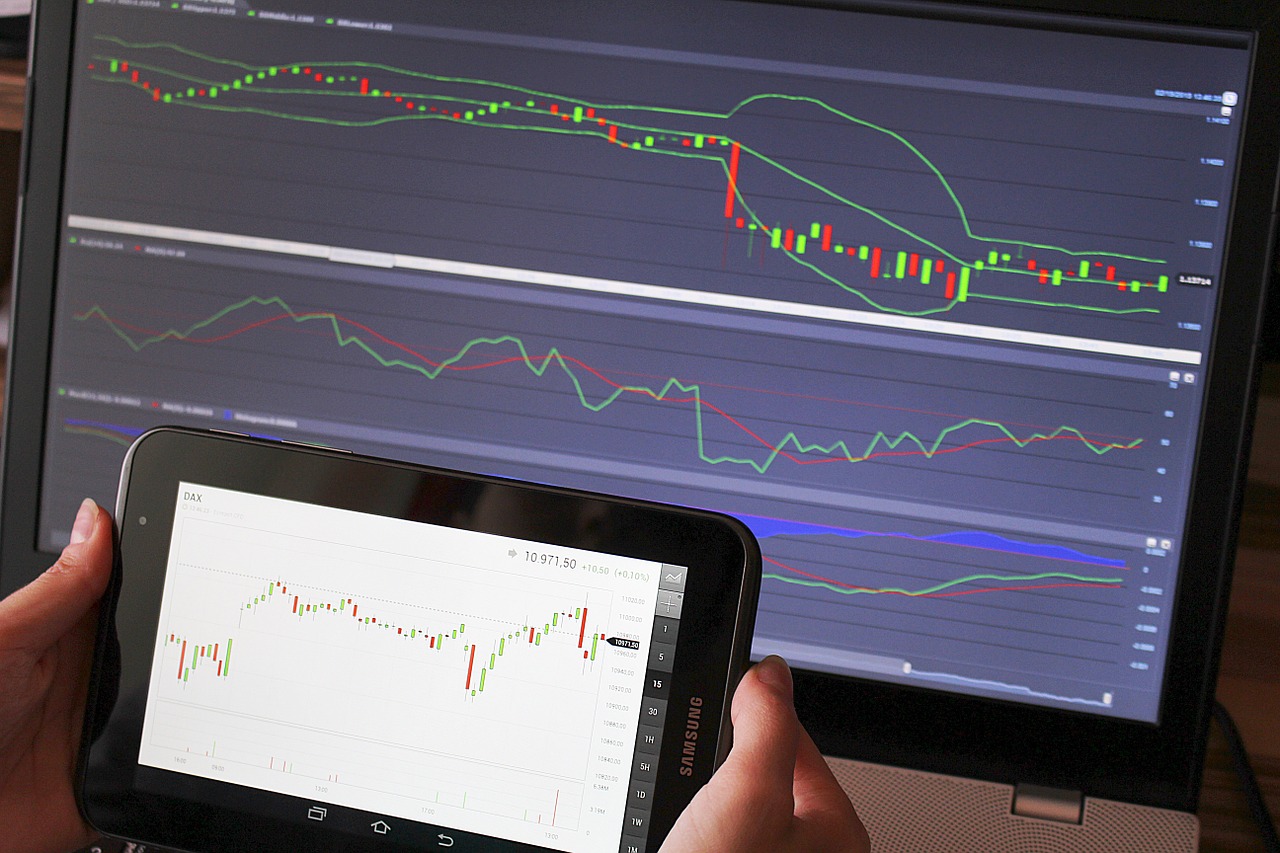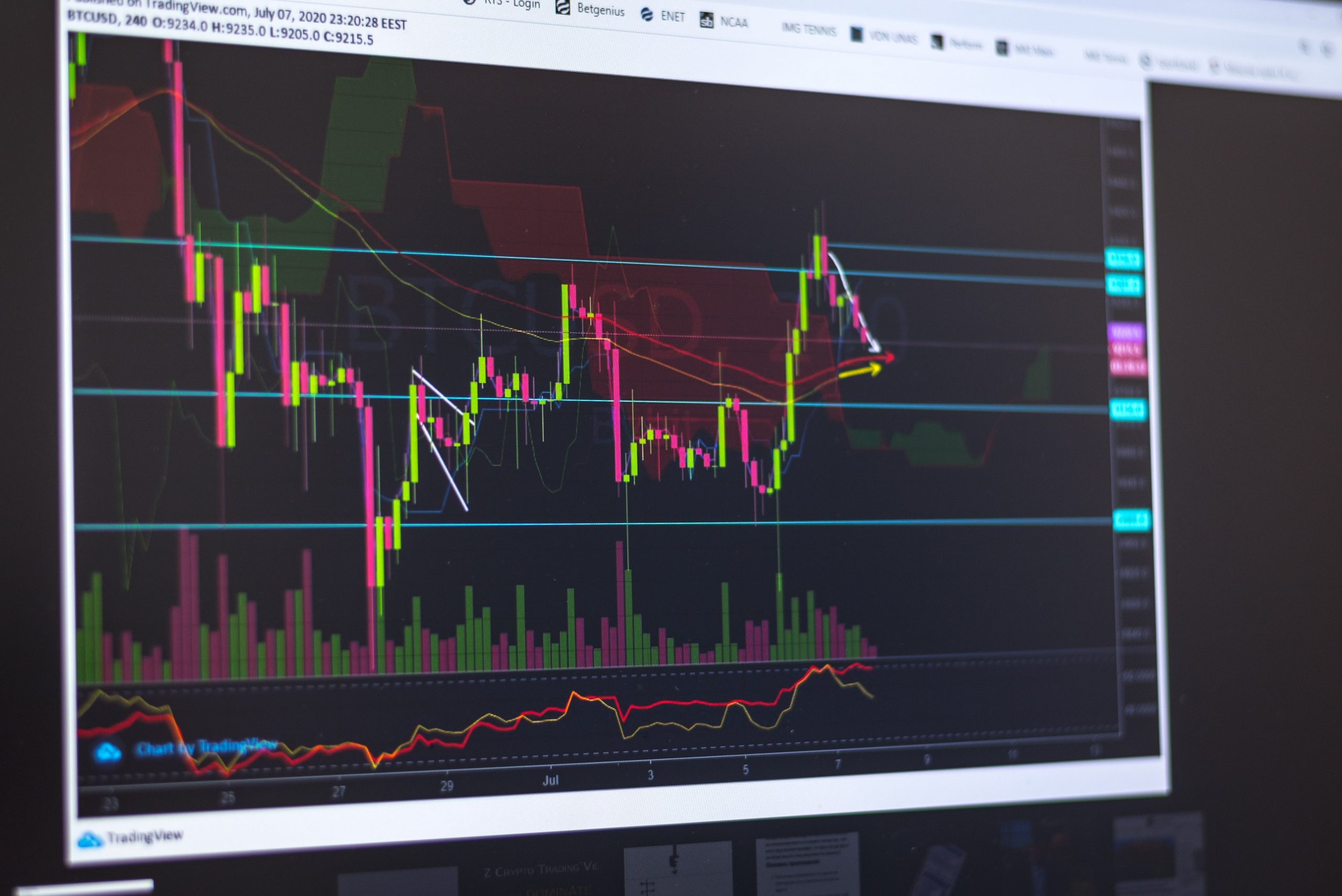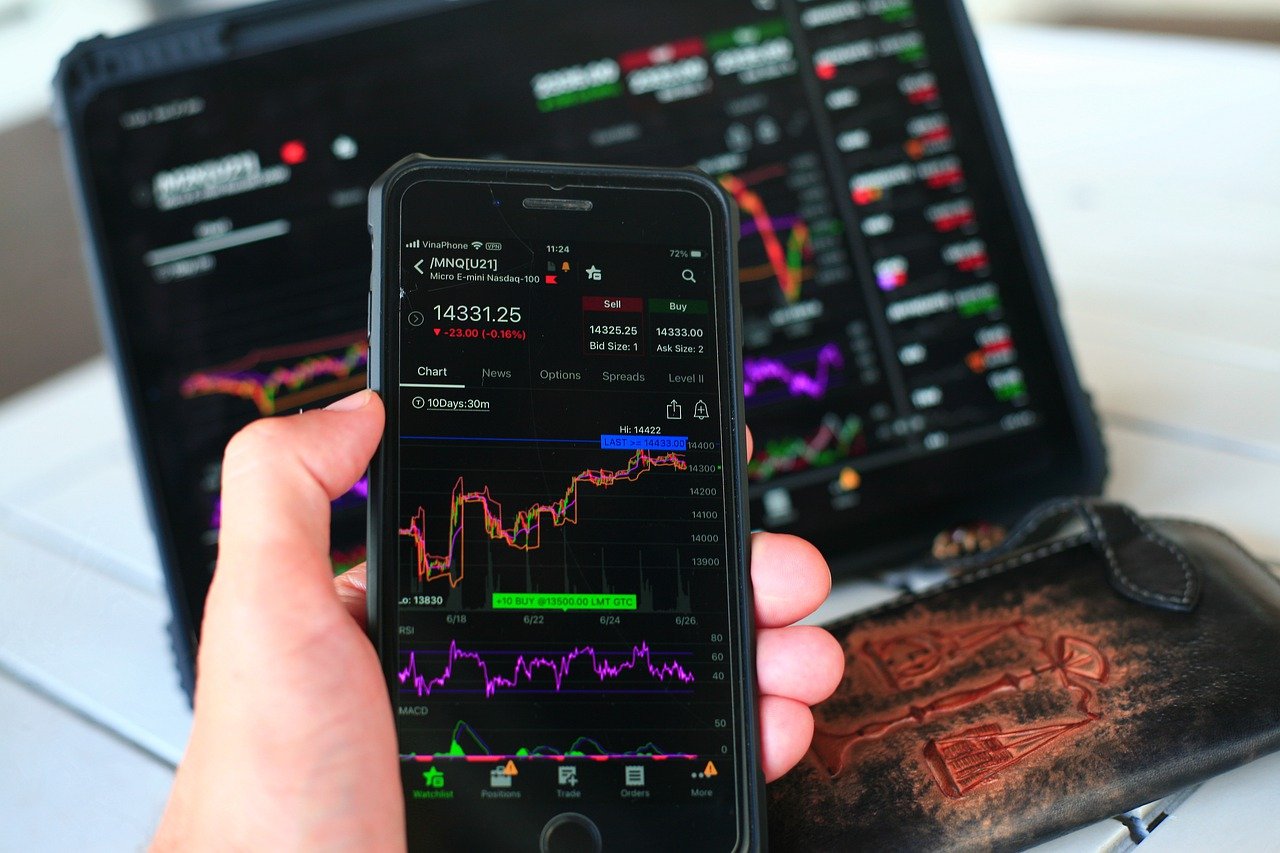How do you trade equity derivatives?
Equity derivatives are securities that derive their value from the performance of underlying stocks or indices. Traders use equity derivatives to speculate on price movements, hedge against risk, and arbitrage pricing disparities.
There are various equity derivative products available, each with its unique characteristics. We will highlight how traders go about trading equity derivatives and explore some of the most popular equity derivatives products traded.
What is an equity derivative?
An equity derivative is a financial instrument that derives its value from the movements of the underlying asset’s stock. A stock option, for example, is an equity derivative since its value is dependent on the price fluctuations in the underlying stock.
Equity derivatives allow investors to hedge the risk of taking long or short positions in stocks and speculate on the price changes of the underlying asset.
An investor with long stock positions has bought and owns those equities. In contrast, investors who have short positions owe those shares to someone but do not yet own them.
Types of equity derivatives
The most common types of equity derivatives are options and futures.
Futures
Futures are financial derivatives in which one party agrees to purchase or sell an asset at a predetermined price later with someone else. They are used for trading physical commodities and financial assets like stocks and bonds. In speculative transactions, futures contracts are purchased and sold within public markets as a derivative product.
Options
Options are financial derivative contracts that allow the holder to buy or sell stocks at an established price before a set date. If you’re new to investing, this may be not easy to understand. For those with a more seasoned background, options trading may be highly alluring because it allows for greater leverage in trades and the use of industry knowledge and high-level tactics.
Call options and put options are two types of options contracts.
Call options
A call option is a derivative contract between a purchaser and a seller that allows the buyer to purchase a particular stock at a set price until an agreed-upon date. A call buyer can act on the call and buy the shares, but not the obligation.
Put options
A put option is a contract in which the buyer has the right, but not the obligation, to sell a certain quantity of an underlying security at a specified price before or on a given date. The strike price is the fixed price at which the put option buyer may sell the underlying security.
Investors typically use futures contracts to hedge against price movements in the underlying asset. For example, if an investor owns shares of a stock expected to decline in value, they may purchase a put option to hedge their position.
Ways to trade equity derivatives
You can trade equity derivatives on exchanges or Over-the-Counter (OTC).
OTC trading
‘Over-the-counter’ refers to trading securities through a broker-dealer network instead of on a central exchange. OTC transactions may involve equities, debt instruments, derivatives, or financial contracts based on an underlying asset such as a commodity that derives its value. Large institutional investors and professional traders typically do this type of trading.
Exchange-traded derivatives
An exchange-traded derivative is a financial contract listed and traded on a regulated market. Defined, these are derivatives that are traded according to regulations.
Exchange-traded derivatives have grown in popularity due to the benefits they provide over OTC derivatives, such as standardization, liquidity, and default risk reduction. Like futures and options, exchange-traded derivatives may hedge risk or speculate on various financial assets such as commodities, equities, currencies, and even interest rates.
The last word
When trading equity derivatives, it is essential to be aware of the risks involved. These instruments can be volatile, and movements in the underlying asset can lead to losses. Therefore, it is vital to have a clear understanding of the market before entering into any trades. Equity derivative trading is not suitable for everyone, and you should speak to a financial advisor if you are unsure whether it is right for you.











